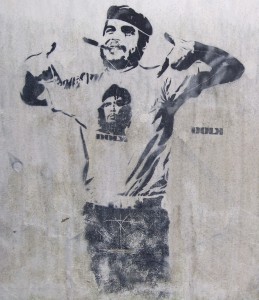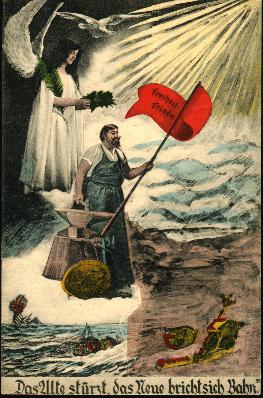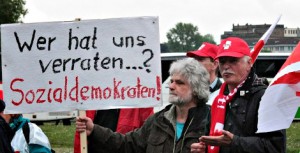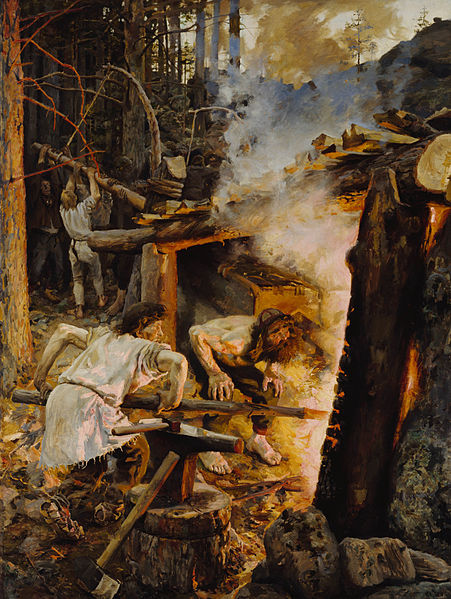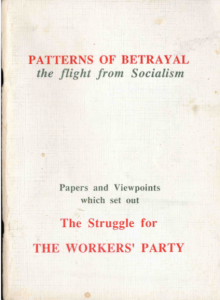 This statement has been drawn up by the following recently resigned members of the Socialist Party: Andrew Phelan, Megan ni Ghabhlain, Richard O’Hara, Pamela Rochford, Stephanie O’Shea and Jimmy Dignam.
This statement has been drawn up by the following recently resigned members of the Socialist Party: Andrew Phelan, Megan ni Ghabhlain, Richard O’Hara, Pamela Rochford, Stephanie O’Shea and Jimmy Dignam.
Notes:
Tragically, Rob Ryan passed away before this statement was completed but he played an important role in the debates that took place around the process of its writing. He repeatedly expressed agreement with the key issues contained within this statement and we feel it is vital that we acknowledge his contribution. We have included links to articles that elaborate further on some arguments made within this document as many of the topics described have been written on extensively before.
After our recent resignations it became clear to us that whilst differing on some issues there were some core reasons behind all our resignations. We hope that this document can be a contribution to the debates currently taking place around what kind of mass Party is needed to rebuild the workers’ movement and play a crucial role in overthrowing Capitalism. While not claiming to have the answer to this question we feel it is important for us to offer our criticisms not just of the Socialist Party or the Committee for a Workers International but Trotskyism1 as an ideology.
Continue reading













